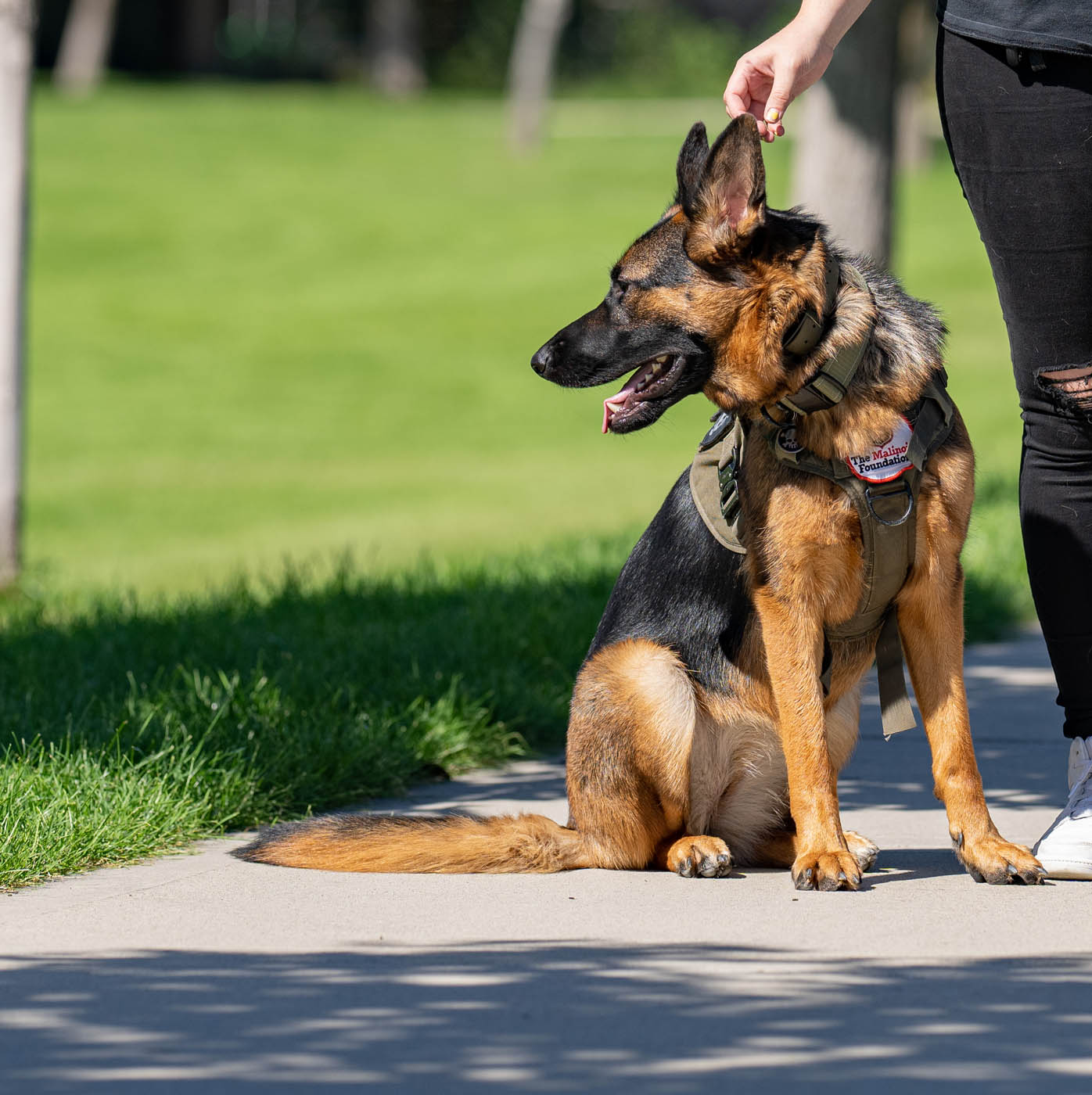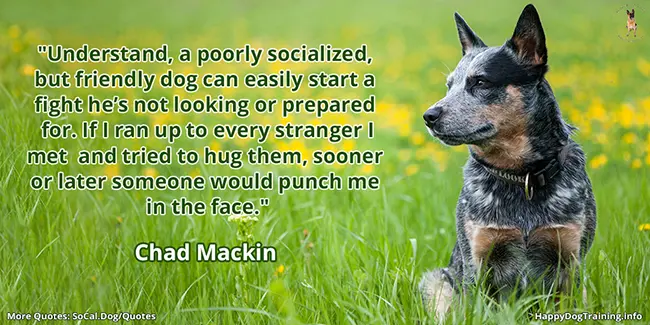Specialist Insights on Dog Training Charlotte NC: Change Your Dog Today
Specialist Insights on Dog Training Charlotte NC: Change Your Dog Today
Blog Article
Unlock Your Dog's Possible: Proven Pet Training Techniques for Success
Reliable pet training is a nuanced process that depends upon comprehending canine actions and using medically backed approaches. dog training near me. By incorporating positive reinforcement, establishing clear commands, and focusing on socializing, pet proprietors can grow an efficient connection with their family pets. Obstacles usually emerge that need tailored solutions and a patient strategy. Discovering these verified methods reveals not just the capacity for behavioral renovation yet likewise the deeper bond that can be formed in between owner and dog. What essential approaches must be thought about to really open your pet dog's potential?
Recognizing Canine Actions
Understanding pet behavior is crucial for efficient training and cultivating a positive connection between pet dogs and their proprietors. An extensive understanding of canine body language, articulations, and social communications is important for identifying their feelings and needs. Pet dogs connect mainly with non-verbal signs; for instance, a wagging tail might show excitement, while pinned ears can indicate anxiety or submission.

Furthermore, ecological variables play a considerable function in forming a dog's habits. Changes in routine, brand-new environments, or the existence of unknown individuals can lead to stress or anxiousness in pets. Identifying these triggers allows owners to mitigate damaging responses and establish suitable training techniques.
Ultimately, a deep understanding of pet habits lays the foundation for effective training techniques, improving both actions and the general bond between the dog and its proprietor. dog training charlotte nc. This knowledge is indispensable for cultivating a well-adjusted, delighted canine companion
Favorable Reinforcement Strategies
Efficient training relies greatly on positive support techniques, which have actually been shown to generate considerable outcomes in shaping wanted habits in dogs. This technique involves compensating a dog for showing particular actions, thus raising the possibility that these actions will be duplicated. Rewards can take different kinds, including deals with, appreciation, toys, or play, depending on what inspires the specific canine.

It is important to progressively eliminate rewards as the pet finds out the habits, transitioning to intermittent support. This technique maintains the actions gradually while avoiding reliance on constant incentives. By focusing on favorable reinforcement, trainers can grow a trusting relationship with their pet dogs, promoting a participating and healthy training setting that improves overall obedience and efficiency.
Establishing Regular Commands
A fundamental facet of successful pet training is the establishment of regular commands. Consistency in commands is critical for efficient interaction between the pet and the trainer. When commands are consistent, dogs discover to link particular words with wanted behaviors, which speeds up the training procedure and enhances understanding.
To develop regular commands, it is vital that all household members utilize the very same terminology and gestures. As an example, if one person utilizes "rest" while an additional says "take a seat," it can develop confusion for the canine. Select clear, unique words for commands and make certain everyone included in the pet dog's training complies with these choices.
Strengthen commands with regular method, guaranteeing that the canine gets sufficient chances to respond correctly. When a dog successfully adheres to a command, prompt favorable support must comply with.
Lastly, hold your this page horses. Establishing consistent commands requires time and initiative. With commitment and clearness, you will aid your pet establish a strong understanding of expectations, inevitably bring about a mannerly companion.
Socializing and Direct Exposure
Interacting socially a canine is important for fostering a well-adjusted and certain companion. This procedure includes exposing your pet to a range of environments, individuals, and other pets to establish their social skills and flexibility. Early socialization, preferably between the ages of three to fourteen weeks, is vital, as it prepares for a dog's future habits.
During socializing, aim to give positive experiences in various settings, such as parks, active streets, and homes with various other animals. Present your canine to numerous stimulations, including audios, sights, and scents, ensuring that each encounter is satisfying. This exposure assists mitigate concern and anxiety, leading the way for a more resistant dog.
Involving in regulated team play sessions with various other dogs can also enhance social skills, showing your family pet ideal communications and borders. Prioritizing socialization will significantly contribute to your dog's overall happiness and behavior throughout their life.
Overcoming Common Training Obstacles

One more constant problem is disturbance. Canines might struggle to concentrate in strange or hectic setups. Slowly desensitize your pet to interruptions by beginning training in a quiet atmosphere and gradually introducing more stimulations as they become efficient (Dog training). Positive support techniques, such as treats and appreciation, can keep motivation and focus.
Additionally, behavioral problems like leaping or too much barking can come to be frustrating. Address these by instructing alternate habits, such as resting steadly when welcoming visitors. Uniformity and perseverance are crucial; reinforce preferred habits regularly and prevent scolding, which can cause complication.
Finally, acknowledge that each pet dog is special, and training timelines might vary. Tailor your method to your canine's individual needs, and seek specialist advice if essential. With willpower and the appropriate approaches, getting over these obstacles can cause a well-trained, pleased canine companion.
Conclusion
In conclusion, opening a pet dog's prospective necessitates a comprehensive approach that includes an understanding of canine behavior, the application of favorable support techniques, and the establishment of regular commands. Early socialization and exposure to varied atmospheres even more boost a pet dog's versatility and confidence. By resolving usual training obstacles with customized strategies and persistence, a harmonious and cooperative relationship between dog and handler can be promoted, inevitably resulting in a well-behaved friend efficient in growing in different situations.
Reliable canine training is a nuanced procedure that hinges on recognizing canine habits and using clinically backed strategies.Comprehending dog habits is important for reliable training and fostering a favorable relationship between pets and their proprietors.Reliable training depends greatly on positive reinforcement strategies, which have been shown to generate significant outcomes in forming desired habits in pets. When commands are uniform, pet dogs find out to associate certain words with wanted behaviors, which speeds up the training procedure and boosts understanding.
In conclusion, unlocking a pet's potential necessitates a detailed strategy that incorporates site here an understanding of canine habits, the application of favorable support strategies, and the establishment of consistent commands.
Report this page